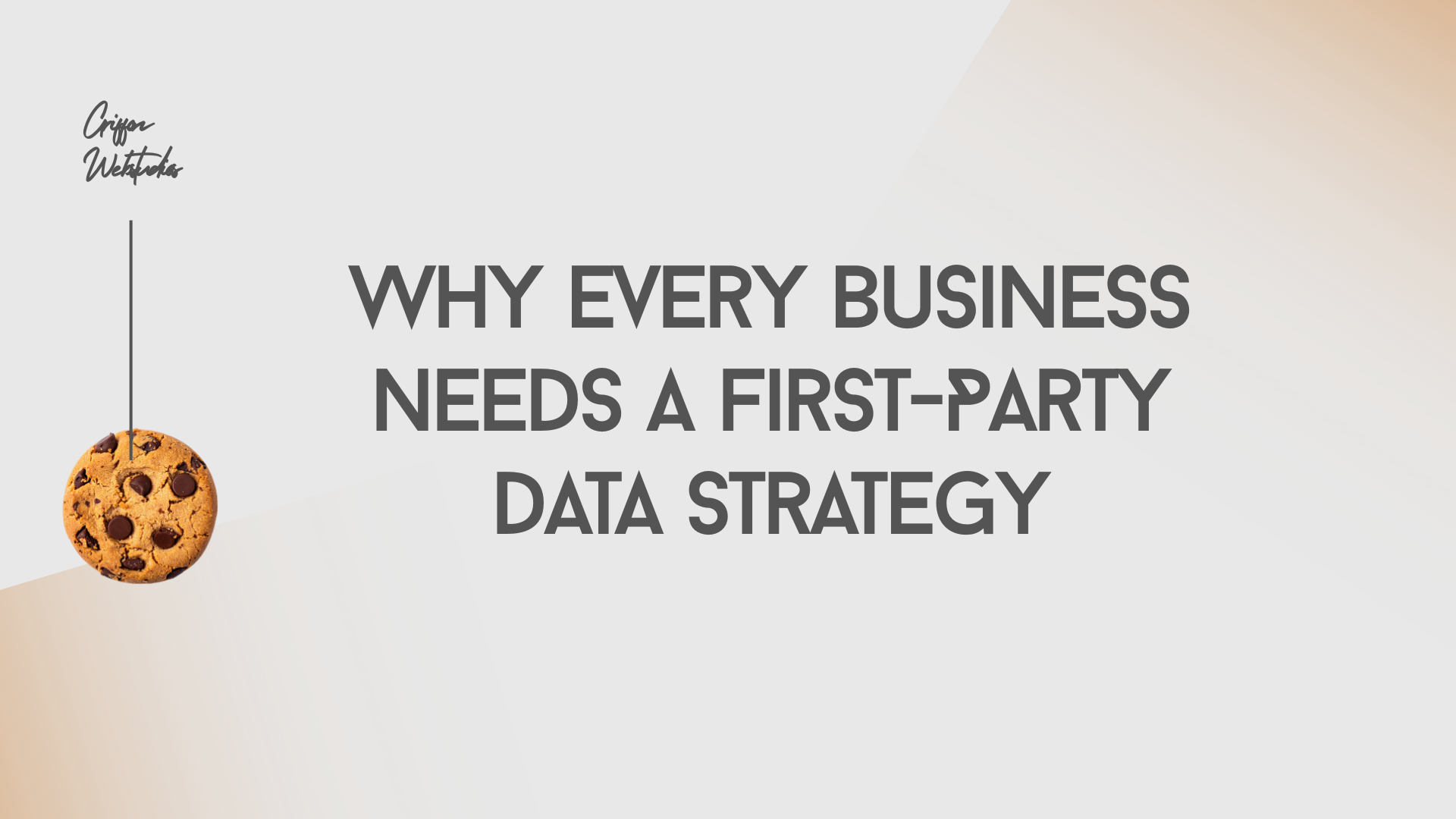When people land on your website, they’re not just scanning for products or services. Consciously or not, they’re asking themselves a more basic question: Do I trust this business? Google is asking the same thing.
In the world of search rankings, E-E-A-T (Experience, Expertise, Authoritativeness, and Trustworthiness) isn’t just a buzzword. It’s how Google evaluates whether your content, and by extension your brand, deserves to show up in search results. And if your business doesn’t E-E-A-T well, it doesn’t matter how well-optimized your keywords are. You’ll lose out to those who’ve built real credibility.
Why E-E-A-T Isn’t Optional Anymore
E-E-A-T has become the backbone of content evaluation, especially in high-stakes industries like finance, health, legal, or anything where bad information can have serious consequences. But even outside those sectors, E-E-A-T shapes how your site is perceived by Google’s systems, by your potential customers, and by the other websites deciding whether or not to link to you.
This shift has only accelerated with the rise of AI-generated content. With so much generic information flooding the internet, search engines are leaning harder into signals that indicate real people, real experience, and real trust.
Pages that carry real E‑E‑A‑T signals are 30% more likely to land in the top three search spots- Semrush
Show You’ve Actually Done the Work
Experience is about firsthand knowledge. Have you actually used the product you’re reviewing? Have you performed the service you’re promoting? Have you been through the scenario you’re writing about?
Google wants to see signs that your insights are rooted in reality, not spun up by someone summarizing five competitor blogs. That could mean using original photos, writing about personal results, or narrating lessons learned. If you’re selling skincare, show your founder’s journey. If you’re in SaaS, explain how your own product solves problems your users face. Generic content won’t cut it.
More Than Just Knowing Stuff
Expertise goes a level deeper. It asks whether the person creating or reviewing the content is qualified to do so. That might mean a certified nutritionist writing your food blog, a licensed attorney commenting on legal topics, or a lead engineer explaining a technical integration.
It also shows up in how thoroughly you cover a subject. Expert content anticipates objections, compares options, and offers real insights. It doesn’t just summarize features. It explains trade-offs. It adds clarity where others skim.
If your content isn’t created by an expert, have it reviewed and signed off by one. Publish their name, credentials, and a short bio. Let Google and your readers see who’s behind the screen.
What Others Say About You
Authority is earned, not claimed. Google looks at signals outside your site to evaluate whether you’re a trusted voice. Are others in your industry referencing you? Are you getting quoted, cited, or linked to by respected publications or directories? Do people search for your brand name alongside topics you cover?
Being featured in industry roundups, speaking at events, publishing guest posts, or being included in trusted databases are all powerful indicators. Even social mentions from real, relevant accounts can add to your footprint. Authority builds slowly, but it compounds. Every endorsement or quality backlink helps Google see you as the go-to source in your space.
Would You Trust This Business with Your Money?
Trust is the dealbreaker. If a visitor doesn’t feel safe giving you their information, clicking a product, or following your advice, they’re gone. And Google picks up on those cues, too.
Trust badges see up to 42% higher click-through rates in search results- Wisernotify
Start with the basics: a clear about page, visible contact information, secure checkout, and accessible privacy and return policies. Use HTTPS. Avoid aggressive pop-ups. Show third-party validation, include certifications, reviews, testimonials, media features. And don’t hide behind anonymous authorship or shady ads.
If you’re publishing facts, cite your sources. If you’re giving advice, mention where the knowledge comes from. If you’re making claims, back them up with evidence.
Spot the Gaps Before They Hurt You
Many businesses think they’re doing fine until they look closely. That blog post written by a junior marketer with no credentials? It’s hurting you. That product page with generic copy, no reviews, and stock images? It doesn’t build trust. That 2-year-old article still getting traffic but never updated? It signals neglect.
Audit your top pages. Ask yourself: Would a new visitor feel confident here? Would Google’s quality raters see evidence of real people, real experience, and reliable information? If not, fix it. Add authorship, update content, cite sources, show your face, explain your process. These aren’t technical tweaks. They’re reputation upgrades.
Transparency builds trust. Trust builds rankings.
E-E-A-T Is a Mirror
E-E-A-T isn’t something you optimize once. It reflects how your business actually operates, what you publish, how you speak, how others see you. It’s your reputation, measured in content.
So, the real question isn’t whether Google believes you. It’s whether your customers do. And that starts the moment they land on your site and ask themselves: Can I trust this?
If the answer is yes, Google will follow.





